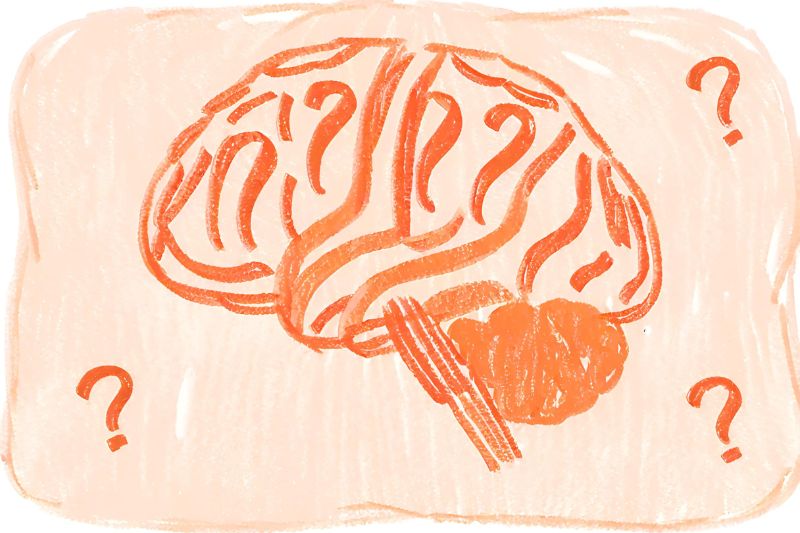ManageMinds Explains... Narcissists
Even wondered if you or someone you know may be a narcissist? In this guide we cover what narcissistic personality disorder is, as well as the signs you need to watch out for.

If you believe everything you read on the internet, you may assume at this point that everyone is related to, has dated, or may even be, a narcissist. Far from being simply a person with a very inflated ego, however, real narcissists have a personality disorder that impacts every aspect of their lives—from their career to their relationships.
In this edition of ManageMinds Explains, we’re going to reveal the truth about narcissists and how you can spot them. Let’s go!
Narcissistic personality disorder (NPD)
Narcissistic personality disorder is characterised by a lack of empathy combined with a grandiose sense of self. Below the surface, those with NPD actually have very low self-worth and so they mask this by acting as if they are special and better than everyone around them.
The cause of NPD is unknown, but it is thought that it can be linked to a childhood involving either neglect or excessive praise. Some studies have also highlighted abnormalities in the brain that have been identified in those with NPD. The disorder often coexists with other conditions, like antisocial personality disorder or depression, which makes it hard to pinpoint its exact source.
As is the case with many mental health issues, people with narcissistic personality disorder tend to fall on a spectrum. You may have individuals who show minor NPD tendencies, and others on the extreme end of the scale whose entire way of living is dictated by the disorder.
Despite little being known about NPD, it is fairly prevalent in society, with estimates suggesting that between 1 and 5% of the UK population may have it.
Symptoms
Narcissists may display some or all of the following symptoms:
- A need for admiration
- An inability to take criticism
- Jealousy of others/belief that others are jealous of them
- Exploiting other people for their own gain
- Aggression
- No respect for boundaries
- Unrealistic expectations of others
- Surround themselves with high-status objects like luxury clothing or expensive cars
Signs to look out for in your relationships

Having a relationship with a narcissist (be it familial, platonic or romantic) can be turbulent and even dangerous. Narcissists tend to be very manipulative, and so their behaviour can quickly veer into emotional abuse.
If you are worried that you may be dealing with a narcissist, here are some warning signs to look out for:
→ They are initially very charming and charismatic
→ Their behaviour is hard to predict
→ They require constant validation from you
→ They are very focused on appearance
→ They criticise and belittle you
→ They implement strict rules
→ They isolate you from friends and family
Think someone in your life may be a narcissist? Unfortunately, due to the nature of the disorder, confronting them about it is unlikely to improve the situation and may even make things worse. You cannot fix a narcissist.
Instead, focus on what you can do to protect yourself. Set clear boundaries, make use of support from family and friends and, if the option is available to you, talk to a therapist.
What if I'm a narcissist?
Narcissists are rarely the type of people to be introspective or self-aware, so the fact that you are worrying about this suggests that even if you do have NPD, you’re on the mild end of the spectrum.
Now for the bad news: because so little is known about the condition, there is no standard treatment for narcissism. If you worry that you may be a narcissist, the first step is to obtain a professional diagnosis. You can find out how to go about this by talking to your GP.
Depending on how your narcissism presents itself, you may be offered medication to treat some of the symptoms. Specific forms of therapy have also been shown to be effective at managing the symptoms of NPD, including psychodynamic, schema and transference therapy. Regular therapy sessions can help some narcissists to establish healthier relationships with others.
That concludes our quick guide to narcissists. Interested in more bite-sized mental health explainers? Check out the other articles from this series:
Post Date:
Author: Isobel Robb
Explore More Articles
Feeling Worried? Challenge Anxious Thoughts with These Simple Questions
Stuck in a spiral of anxious thoughts? Use these 3 simple questions to challenge negative thinking and adopt a healthier mindset.
3 Things You Need to Do to Get the Most Out of Therapy
Whether you've been going to therapy for years or you have your first session coming up, these 3 tips will help you to reap the potential benefits!
ManageMinds Just Launched Self-Help Courses!
ManageMinds now offers a range of self-help courses. Find out everything from what's included to prices in this article.


